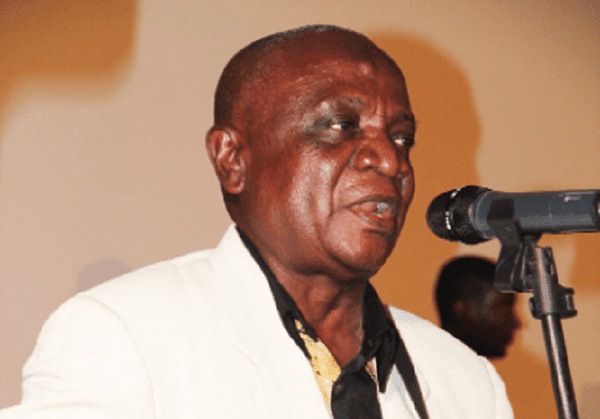Ghana is home to nearly everything from the arts to sports. In present Ghana there are many talented musicians that have produced award-winning songs and many popular songs that the nation somehow always universally accepts. One may attribute the popularity of particular songs to the emergence of social media and internet access but what if I told you some Ghanaian songs rocked all of Ghana even during Nkrumah’s era? Watch out as I refresh your mind and educate you on some of the songs that those in the pre-independence and early post-independence era boogied to.
Yaa Amponsah: Oh yeah, it is not just today’s Ghana that you hear songs named after women. The Ghanaian highlife revolution started or was largely pushed by one song Yaa Amponsah. Recorded by the famed Ashanti Trio in London in 1928, the song was composed by Kwame Asare also known as Jacob Sam or Kwamin. He was born in Cape Coast and was also a goldsmith. Yaa Amponsah became so popular that musicians in Ghana mistakenly interpreted the rhythm and called it Yaa Amponsah. That effectively led to the many songs being composed and claimed to have the Yaa Amponsah rhythm. If you missed Yaa Amponsah probably because your father probably was not even born or had not met your mother, how about you check out the next song?
Kyeremirekuku: another of the songs that were famed in Ghana in the early years of its highlife revolution when bands were the popular music source. It was a song composed by Nana Kwame Ampadu who was the lead singer, songwriter and founder of the famous African Brothers Band which was also called the African Brothers International. The band was formed in 1963 and had K. Ofori as a founding member and later top names such as Joe Dee a.k.a Kwabena Appiah and Kofi Oppong Kyekyeku joining a year after its formation.
Mabre Agu: Ghana was ruled by highlife as all the bands in the country specialized in highlife releasing one hit song after the other to entertain the nation. However, there was another music revolution in the 1980s and 90s which saw the emergence of a new sound known as “burger highlife”. Influenced by modern technology, social, cultural and political transformation in the country and beyond, the revolution was the new toast. “Mabre Agu” was one of the great songs from that revolution. It was released in 1988 by Wilson Boateng. Just ask your parents what is “Mabre Agu” and they will tell you tales from the 80s and 90s. Oh, did I mention that Ghanaians in Germany were the leaders of this burger highlife revolution? I will tell you more later.
So as you enjoy Kwaku The Traveller, Down Flat, Non-living Thing and others from contemporary Ghanaian musicians, know also that even in the early years when technology was less advanced there were still great tunes that entertained Ghanaians.
Discover more from afkmediaonline
Subscribe to get the latest posts sent to your email.

























+ There are no comments
Add yours